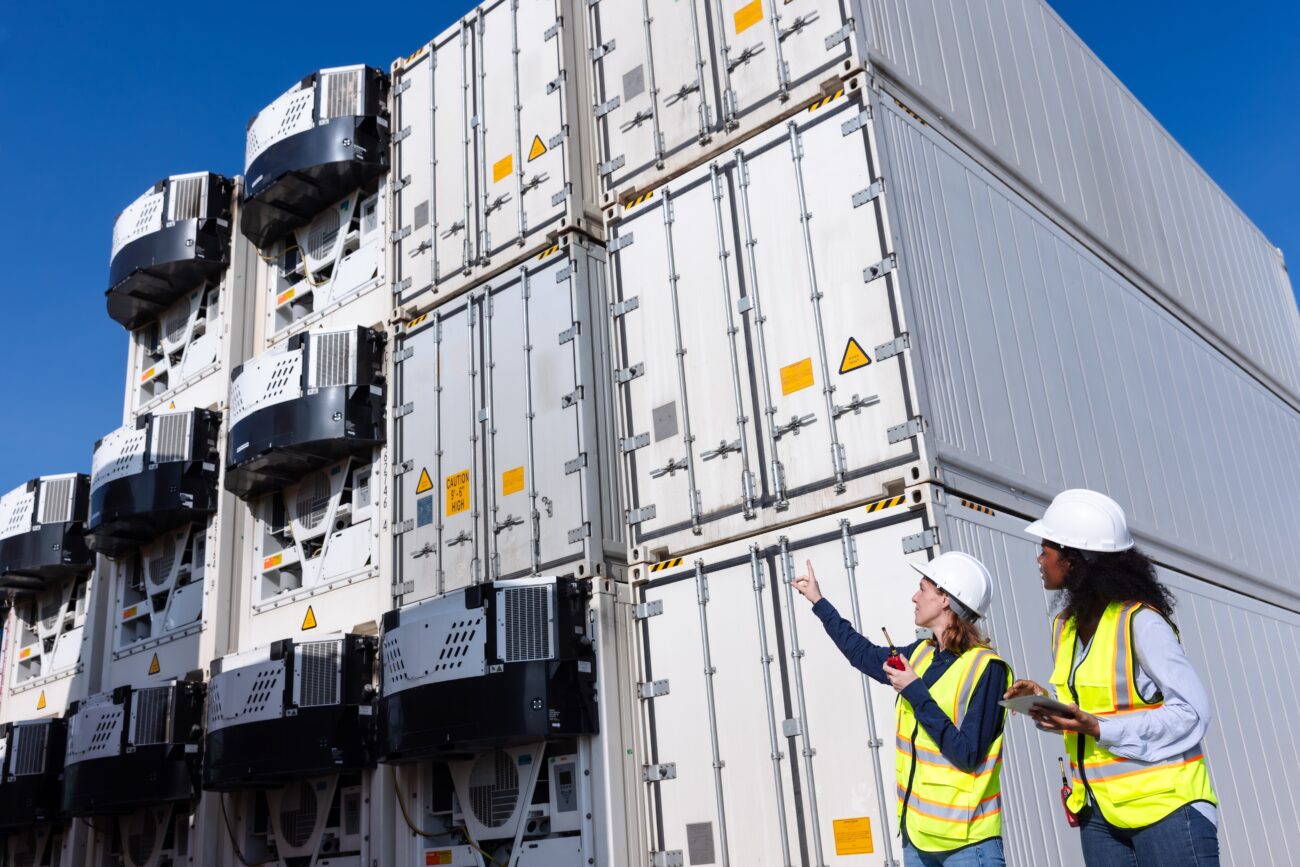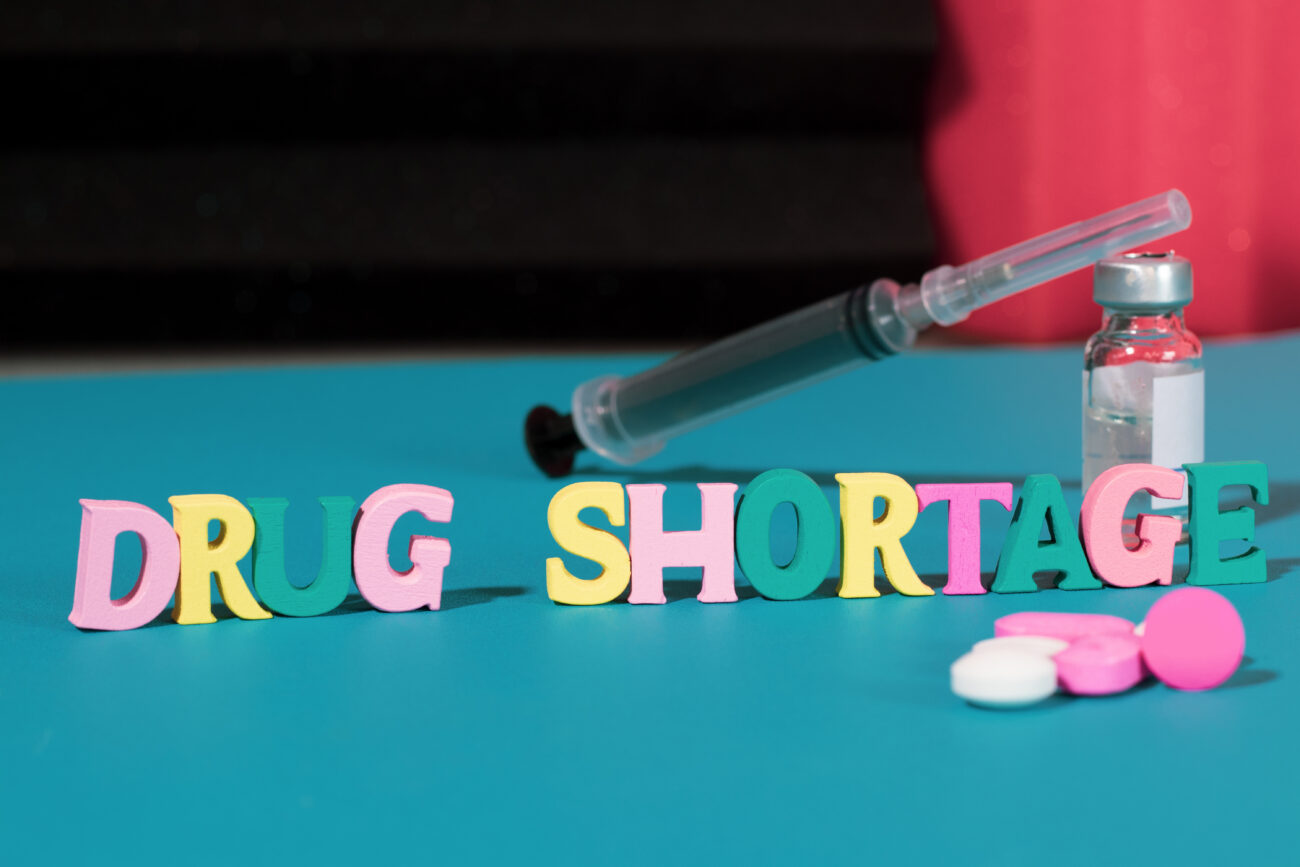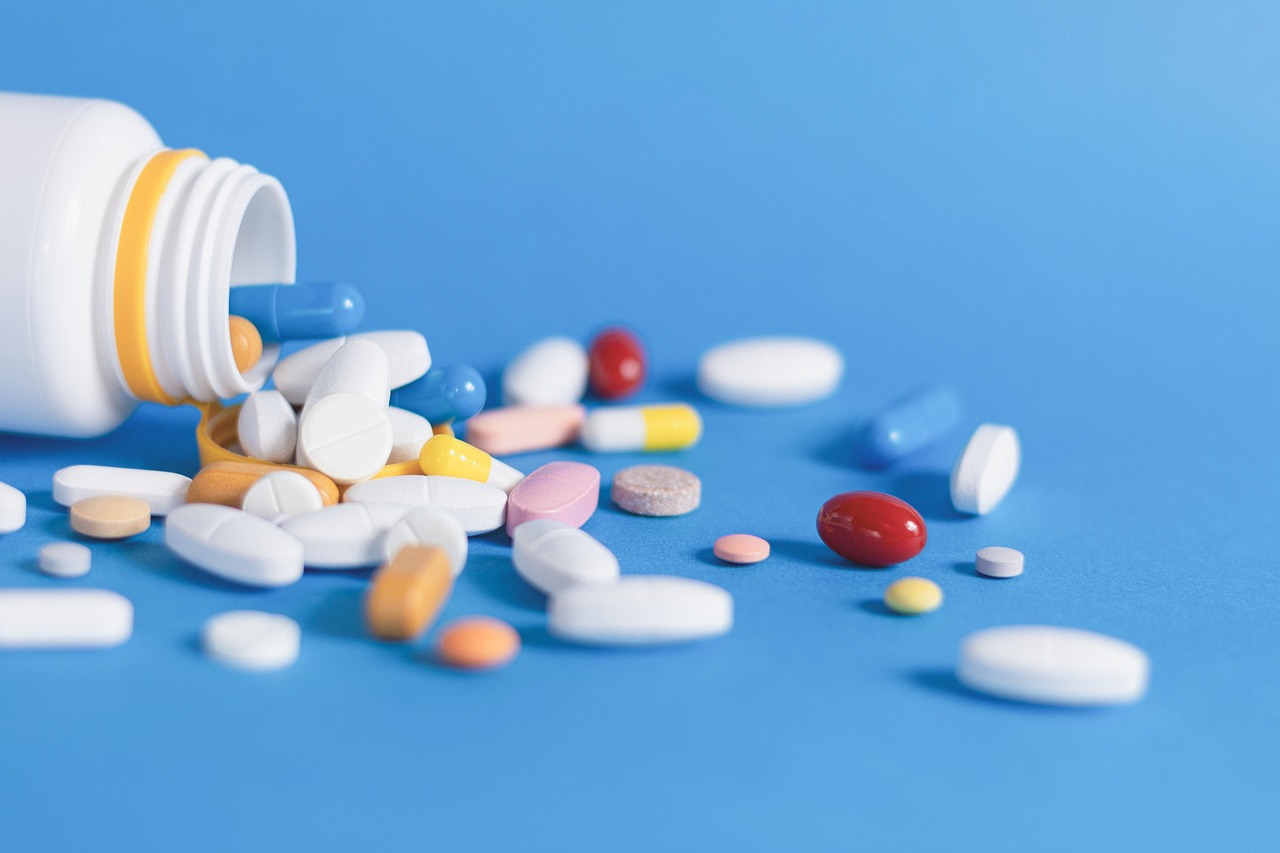Cold Chain Innovation: Tech That Protects Biologics in Transit
In the world of biopharmaceuticals, biologics—complex, temperature-sensitive therapeutics derived from living organisms—have revolutionized the treatment of conditions ranging from autoimmune diseases to cancer. Yet, as their clinical efficacy surges, so does the logistical challenge of

In the world of biopharmaceuticals, biologics—complex, temperature-sensitive therapeutics derived from living organisms—have revolutionized the treatment of conditions ranging from autoimmune diseases to cancer. Yet, as their clinical efficacy surges, so does the logistical challenge of keeping them stable during transit. Cold chain logistics, once a niche domain, is now a critical backbone of the pharmaceutical supply chain. With innovation accelerating, the industry is embracing a new era of cold chain technologies that promise to safeguard biologics more efficiently, intelligently, and sustainably than ever before.
Why Biologics Demand Precision
Unlike small-molecule drugs, biologics are highly sensitive to temperature variations, moisture, light, and shock. Even minor deviations in storage conditions can degrade their molecular structure, rendering them ineffective—or worse, harmful. As global distribution networks expand and demand for personalized medicine rises, the pressure to maintain optimal conditions from manufacturing to administration point has intensified.
The Rise of Smart Packaging and IoT Sensors
At the forefront of cold chain innovation are smart packaging solutions embedded with Internet of Things (IoT) sensors. These devices monitor and log real-time data on temperature, humidity, light exposure, and even vibration. The data can be transmitted via GPS and cellular networks to centralized monitoring platforms, alerting supply chain managers instantly to any anomalies.
Technologies like time-temperature indicators (TTIs) and RFID-enabled smart labels offer end-to-end traceability, enabling stakeholders to pinpoint and correct breakdowns in real-time. This shift from reactive to proactive management minimizes product loss and enhances accountability.
AI and Predictive Analytics: Preempting Risks
Artificial Intelligence is playing a transformative role in cold chain logistics. By analyzing historical transportation data, weather patterns, and equipment performance, AI-driven platforms can predict potential risks—such as a refrigeration unit failure or customs delay—before they occur.
These predictive capabilities are vital for biologics, where contingency planning can mean the difference between preservation and total product loss. Some platforms now also offer automated rerouting and dynamic scheduling based on real-time insights, making cold chain networks more adaptive and resilient.
Advanced Refrigeration and Passive Cooling Systems
While traditional refrigerated trucks and containers remain essential, innovation is also driving the rise of passive cooling systems—solutions that maintain required temperatures without the need for power. Utilizing phase change materials (PCMs) and vacuum-insulated panels (VIPs), these containers can maintain stability for up to 120 hours, making them ideal for long-haul or last-mile delivery in remote areas.
Additionally, solar-powered refrigeration units are emerging as sustainable solutions in regions with unreliable electricity, helping bridge the gap in healthcare access while reducing carbon emissions.
Blockchain for Integrity and Transparency
Ensuring the integrity of biologics isn’t just about temperature—it’s about trust. Blockchain technology is being leveraged to create immutable records of a product’s journey, ensuring that data from production to patient is transparent and tamper-proof. In the event of a recall or investigation, blockchain can quickly pinpoint where issues occurred, streamlining response efforts and protecting public health.
Automation in Warehousing and Distribution
Cold storage facilities are undergoing automation, with robotic systems now managing inventory in temperature-controlled environments. These systems reduce human error, enhance operational efficiency, and allow for precise management of temperature zones based on product sensitivity.
Drones are also entering the scene, particularly in last-mile delivery scenarios for vaccines and critical biologics in rural or disaster-affected regions. With temperature-controlled payload bays, drones offer speed, precision, and minimal environmental disruption.
Sustainability and the Green Cold Chain
As sustainability becomes a priority, the cold chain sector is innovating with eco-friendly refrigerants, reusable packaging, and energy-efficient cooling systems. Companies are adopting carbon footprint tracking tools to measure and reduce emissions, making cold chain operations not only safer for biologics but also better for the planet.
Building a Cold Chain Ready for the Future
The cold chain is no longer just a supportive function; it’s a strategic pillar of biopharmaceutical innovation. As biologics become more central to modern medicine, the technologies protecting them must evolve in parallel. From smart sensors and predictive AI to blockchain and sustainable packaging, the next-generation cold chain is not just preserving temperature—it’s preserving life.
Biopharma companies that invest in advanced cold chain infrastructure today will not only ensure product integrity but also gain a competitive edge in reliability, compliance, and global reach tomorrow.






